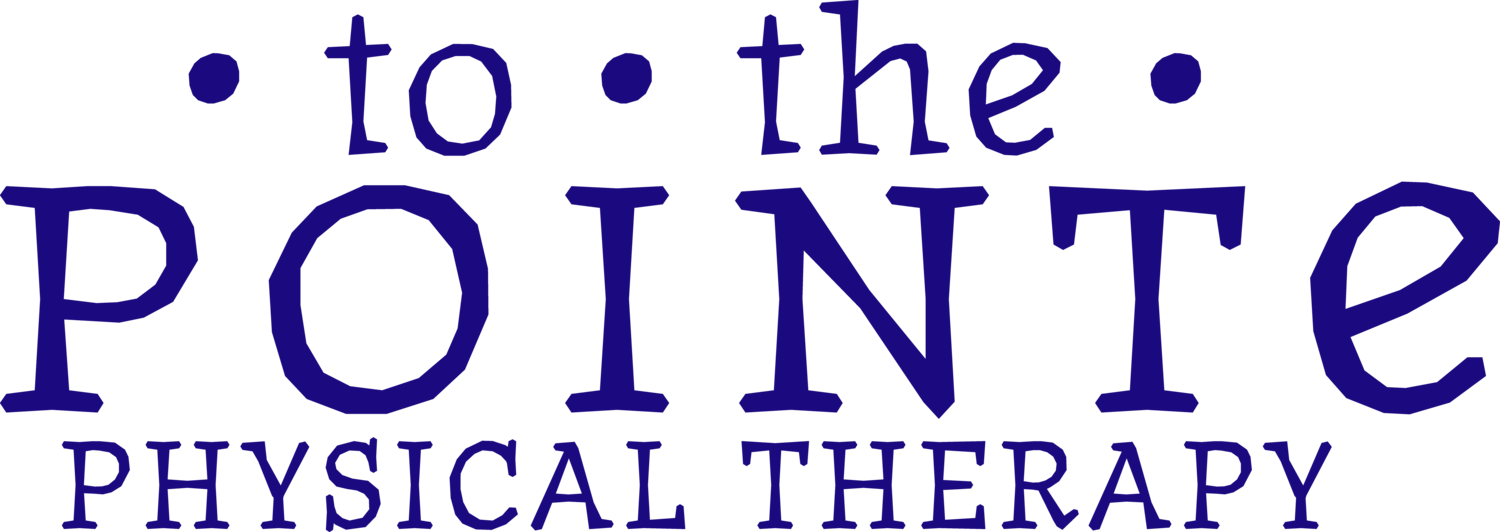So...what do you do?
I had the opportunity last week to be interviewed by one of my students for a school project. She’s thinking about pursuing a career in physical therapy after high school. “So, what exactly do you do?” she asked. There were so many ways I could answer that question. Me personally? PT’s in general? Most people probably don’t know what PT’s do unless they’ve been through some kind of rehab themselves.
Here’s the boring but important part- Physical Therapists are licensed professionals who have completed extensive coursework culminating in a masters or doctoral degree, and pass a national board exam. Graduate school prepares us as generalists, then we scatter to every possible corner of health care in search of our ideal patient population. Patients from the most vulnerable NICU baby, to the most elite athlete, to the person with Parkinson’s. You can find us in hospitals, clinics, senior living, private practice, sports teams, your local gym or dance studio, and more! We are the people staring at you quizzically at the airport (sorry), quietly analyzing your gait pattern, and hoping you’re getting help for that knee that’s obviously funky. We’re at the park watching with joy as your beautiful child with Down Syndrome navigates the playground, knowing someone in our profession likely played a roll in their ability to explore their environment. We become PTs to help you live your best life, and we have the skill set to do that. Simply put, physical therapists improve the way you move.
People who become PTs genuinely want to help you. My day is made when a patient tells me she feels stronger in her pointe shoes after rehab than she did before her injury. Or when another patient said he wouldn’t have made it through a grueling hiking challenge had it not been for his rehab and mobility training. These are the stories that keep me going. My job is not boring. It is also not easy. I told this student in order to be a successful PT, she’d have to be curious and willing to think outside the box and innovate when needed. People are complicated beings, and the map leading to the finish line will be different for each one, even if they start with the “same” injury. I truly enjoy the unique puzzle and challenge of each new patient.
I hope next time you are injured, or even if you feel you’re not moving quite as well as you’d like (no pain required!), that a call to physical therapy is your first choice. If something is preventing you from doing what you want to do, we’ve got your back (and feet, shoulders, hips, knees…..)!







